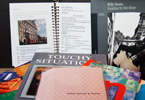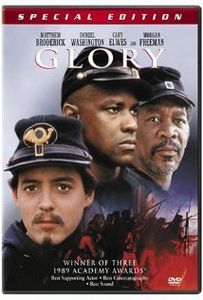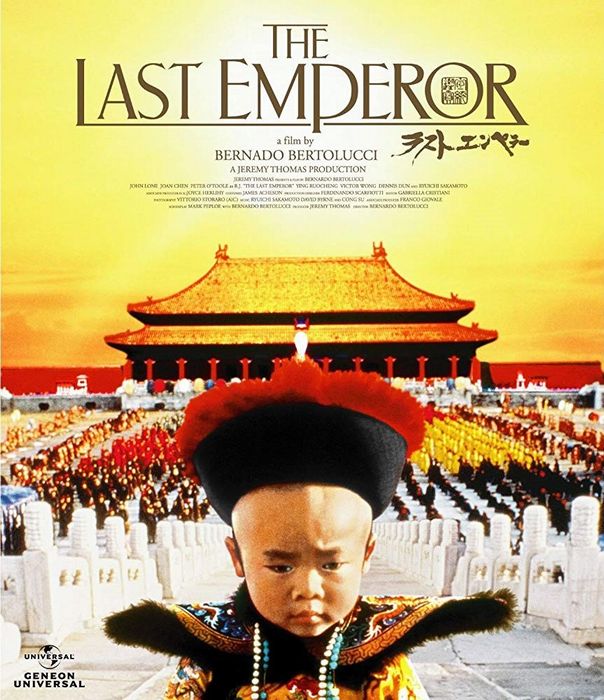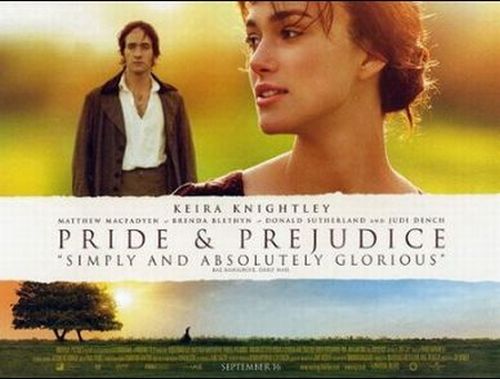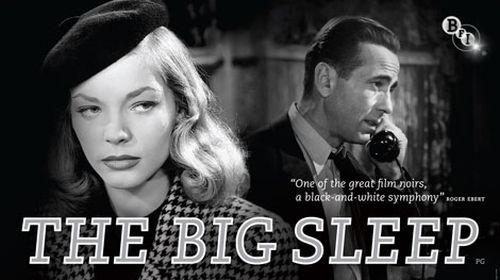
Based on a novel by Raymond Chandler ‘The Big Sleep’ is a 1946 film noirstarring Humphrey Bogart and Lauren Bacall.
The story is of a privatedetective hired by a rich family to stop a blackmail against them.
The film has an awfully complex plot that makes it difficult tounderstand what is actually going on.
When Director Howard Hawks wasmaking the film he himself didn’t know who had killed one of thecharacters in the story and contacted Chandler about it for an answer,to which Chandler replied “i don’t know either!”
While the story is confusing the beauty of Chandler’s writing was thedialogue which shines through in the film.
1946年のハンフリー・ボガードとローレン・バコール出演の「The Big Sleep(日本題:三つ数えろ」という映画はレイモンド・チャンドラーの小説が原作です。
恐喝を止める為にお金持ちの一家に雇われた刑事の物語です。
この映画は何が実際に起きているか理解するのを分かり難くする複雑な筋立てがあります。
監督のハワード・ホークスは映画を彼自身で制作していたのに、物語の中で誰を殺したのか分からず、チャンドラーに聞きましたが「私も分からない:と同じことを言われました。
チャンドラーの言葉の美しさはこの映画のセリフの中で発揮されています。
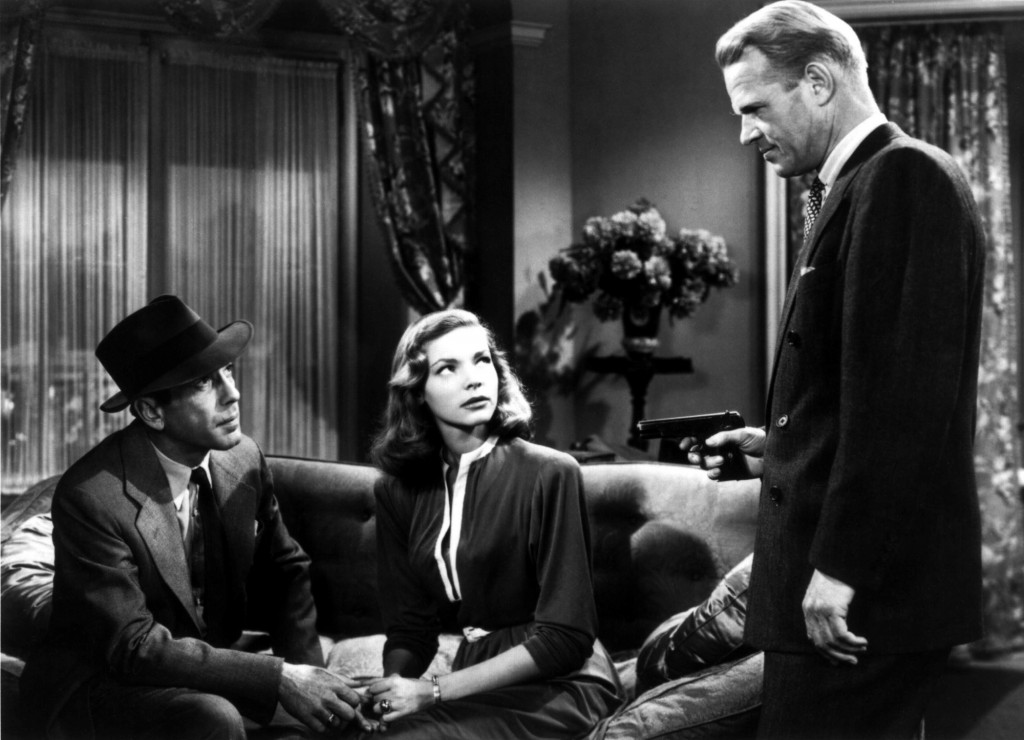
Here are a few useful phrases and expressions to be found.
ここではいくつかの役立つフレーズや表現が出てきます。
Marlowe:I haven’t been here, you haven’t seen me, and she hasn’tbeen out of the house all evening.
マーロウ:私はここに居なかった、あなたは私を見なかった、彼女は一晩中家から出ていない。
I wasn’t here.:私はここに居なかった。
you didn’t see me (if anyone asks):(もし誰かに聞かれたら)あなたは私を見なかった。
Don’t tell them I was here.:彼らに私がここに居たことを言わないで。
Marlowe:You know, it’s a funny thing. You’re trying to find out what your father hired me to find out, and I’m trying to find out why you want to find out.
マーロウ:ねえ、それはおかしなことだね。あなたはお父さんが見つけ出す為に私を雇ったことを見つけ出そうとしている、私はなぜあなたが見つけ出したいのか見つけ出そうとしている。
you know (introducing an idea or thought you are thinking to say):あのね、あのー、ねえ、ところで(相手の理解を期待して文頭で使います)
It’s a funny thing (it’s strange):おかしな[面白い・皮肉な]ことだ。
Marlowe: You ought to wean her, she’s old enough.
マーロウ:あなたは彼女に依存体質を改めさせるべきだ、彼女は十分な歳だ。
◎wean ~ from dependence on
~に…への依存体質を捨てさせる[改めさせる]
Marlowe: Don’t you know any better than to wake a man up at two o’clock in the afternoon?
マーロウ:午後2時に男を起こさない方がいいと分かっているよ。
◎Don’t you know any better?(you should know better)You should know better.
ばか言ってるんじゃないよ。/そんなことでどうするの。
Marlowe:How bout a cup of coffee, Bernie?
マーロウ:バーニー、コーヒーを飲むのはどう?
Chief Inspector Bernie: Uh Uhh. I can’t afford to be seen with you. It would be bad for me if I did that.
バーニー(警部):う~ん、あなたに会う訳にはいかないんだ。それはわたしにとって大変なことになる。
◎How bout (how about) a cup of coffee?Would you like a cup of coffee?
〔提案・誘い〕~してみてはどうですか?、~はどうですか?、~はどうだろう?
◎can’t afford to~
~するわけにはいかない
☆電話でのシーン☆
Agnes: Is Harry there? アグネス:ハリーはいる?
Marlowe:Yeah, yeah, he’s here. マーロー:うん、いるよ。
Agnes:Put him on, will you? アグネス:彼と代わってくれる?
Marlowe: He can’t talk to you. マーロー:彼はあなたと話せないんだ。
Agnes : Why? アグネス:なんで?
Marlowe: Because he’s dead. マーロー:彼は死んだから。
◎Put him on (please let me talk to him)
彼と代わって!(彼と話したいんだ)
Vivian:I don’t like your manners. ビビアン:あなたの行儀が嫌なの。
Marlowe:And I’m not crazy about yours. マーロウ:お互い様だ。(私もあなたのマナーが気にくわない)
◎I’m not crazy about (I don’t like)
《be ~》~にあまり関心がない(嫌いです)
◎I’m crazy about (I love it)
~に興味がある。(好きです)
General Sternwood: How do you like your brandy, sir? ブランデーをどのようにいたしましょうか?
Philip Marlowe:In a glass. グラスに入れて。
☆例☆
・how do you like your tea(coffee, drink) ?
with milk? sugar? ice? etc
お茶はどのようにしますか?
ミルク?お砂糖?氷はいる?など・
・How do you like your eggs?
卵はどう料理しましょうか?/どんな卵料理が好きですか
Mars:Convenient, the door being open when you didn’t have a key, eh?
Marlowe:Yeah, wasn’t it. By the way, how’d you happen to have one?
Mars:Is that any of your business?
Marlowe: I could make it my business.
マーズ:鍵を持っていなかった時、ドアが開きっぱなしだったら運がよかったね?
マーロウ:うん、そうだね。ところで、なんで鍵を持っているの?
マーズ:あなたに関係ないでしょ?
マーロウ:それはどうかな。
◆表現パターン◆
Is that any of your business? あなたに関係あるの?
It’s none of your business[concern, beeswax]! あなたには関係ないでしょ!
It’s none of your business. あなたには関係ない。/大きなお世話です。
What business of it is yours?あなたには全然関係ないでしょう。
Agnes:I got a raw deal. アグネス:ひどい仕打ちを受けた!
Philip Marlowe*: Hey, your kind always does. マーロウ:あなたみたいな人はよくあることだね。
◆Raw deal – unfair treatment=ひどい[不当な]仕打ち、不公平な扱い
・That is a raw deal. : それはひどい仕打ちだ。
Paul


